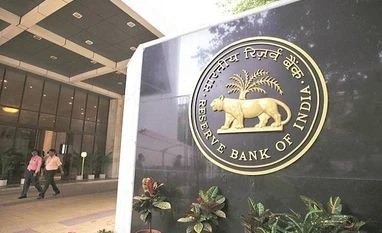The Reserve Bank of India (RBI) raised the repo rate by 40 basis points to 4.40%, in its first rate move in two years and its first rate hike in nearly four years.
"It looked imminent that the April (inflation) number which will arrive on May 12 will be a equal shocker," the person, who declined to be named because the discussions were private, said on Thursday.
The RBI did not immediately respond to a request for comment.
The central bank's move shocked the markets and drove bond yields to multi-year highs. The 10-year benchmark bond closed at 7.40% on Thursday, its highest in three years.
India's annual retail inflation accelerated to almost 7% in March, its highest in 17 months and above the upper limit of the central bank's 2%-6% tolerance band for a third straight month.
Markets see the central bank raising its key rates further in the coming months as it expects inflation to remain elevated.
"If inflation is going to be higher which all projections show, we want to leave our hands untied," the person said.
Economists on Thursday told Reuters they expected the central bank to front load more aggressive interest rate hikes at least until its repo rate hits its pre-COVID level of 5.15%.
The source said the central bank's policy was still accommodative given India's economic output was below potential and inflation above target.
The central bank is also unlikely to conduct open market operations (OMO) to help the government with its record borrowing of 14.31 trillion Indian rupees ($187.44 billion) in the current fiscal year that started on April 1.
"It would be odd for us to suddenly talk about withdrawal of accommodation and do OMOs which will be counter to the kind of logic we are putting out," the source said.
He also added that the central bank will support borrowing in other ways but did not give details.
($1 = 76.3426 Indian rupees)
(Reporting by Nupur Anand and Aftab Ahmed; Editing by Tomasz Janowski)
)